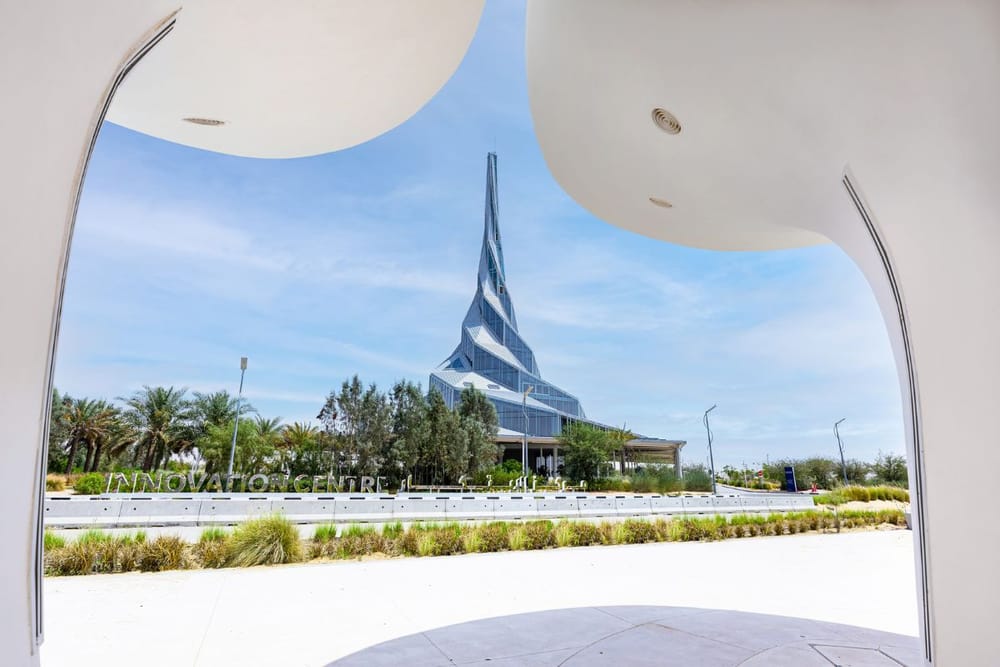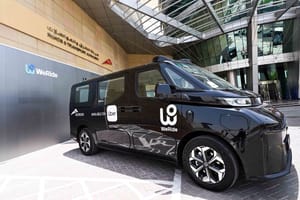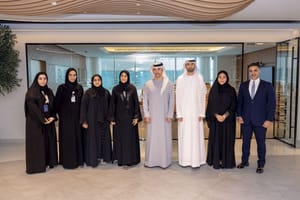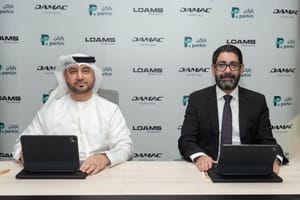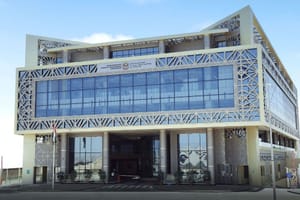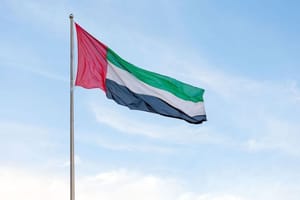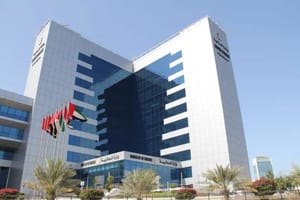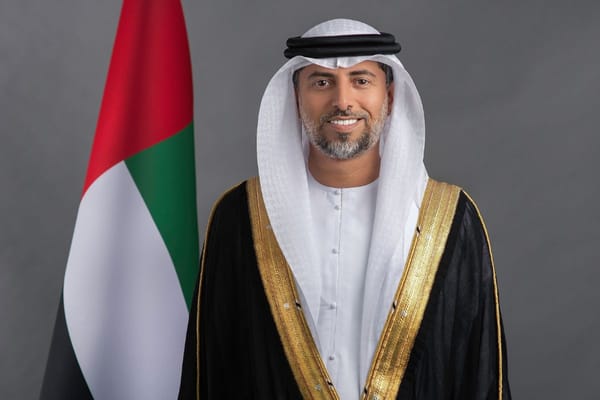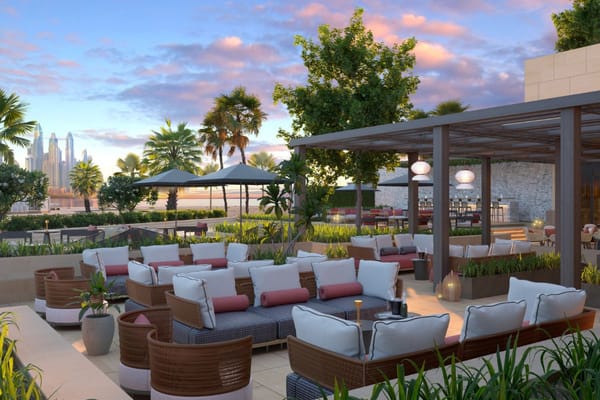For the first time, the world celebrates the International Day of Clean Energy this year with the United Nation’s approval of 26 January as the International Day of Clean Energy.
This date coincides with the anniversary of the establishment of the International Renewable Energy Agency (IRENA) in 2009. The UAE hosts IRENA’s headquarters in Abu Dhabi.
HE Saeed Mohammed Al Tayer, MD & CEO of Dubai Electricity and Water Authority (DEWA), emphasised that the UAE is one of the leading countries in the transition towards clean and renewable energy. It ranked second globally in the Energy Transition pillar of the Green Future Index (GFI) 2023 and the 6th highest per capita consumer of solar energy in the world.
Al Tayer noted that DEWA supports the National efforts to consolidate sustainability systems and programmes in various development sectors. The UAE aims to reduce greenhouse gas emissions by 19% in 2030, 62% in 2040, to reach net zero by 2050. The UAE also aims to triple the contribution of renewable energy and invest AED 150 to AED 200 billion by 2030.
Net-Zero by 2030
DEWA is on pace to achieve the vision of the wise leadership to achieve Net-Zero by 2050 through pioneering projects in clean and renewable energy. He noted that the production capacity of the Mohammed bin Rashid Al Maktoum Solar Park has reached 2,627MW using the latest global technologies. DEWA is on track to achieve the Dubai Clean Energy Strategy 2050 and the Dubai Net Zero Carbon Emissions Strategy 2050 to provide 100% of the energy production capacity from clean energy sources by 2050.
DEWA’s projects that support the clean energy transition
The Mohammed bin Rashid Al Maktoum Solar Park
Among DEWA’s key clean energy projects is the Mohammed bin Rashid Al Maktoum Solar Park, the largest single-site solar park in the world using the Independent Power Producer (IPP) model, with a planned production capacity of 5,000MW by 2030. The current production capacity of the solar park is 2,627MW, using photovoltaic solar panels and concentrated solar power (CSP).
DEWA will add 233MW to be added by the end of Q1 of 2024, increasing its production capacity to 2,860MW. When the 1,800MW 6th phase of the solar park is completed by the end of 2026, the solar park’s production capacity will reach 4,660MW. By then, the solar park will provide clean energy to 1.4 million houses. When completed in 2030, the solar park will reduce more than 6.5 million tonnes of carbon emissions annually.
The solar park features a Research and Development (R&D) Centre and an Innovation Centre. The Innovation Centre is a global incubator for innovation in the energy and water sectors, and a major landmark of Dubai that provides a pioneering experience for visitors to learn about the latest innovations in various fields of clean and renewable energy.
The Hydroelectric Power Plant in Hatta
One of the innovative renewable energy projects currently being implemented by DEWA is a pumped-storage hydroelectric power plant in Hatta. It will have a production capacity of 250MW, a storage capacity of 1,500 megawatt-hours, equivalent to 6 hours of storage, and a life span of 80 years. The hydroelectric power plant will use water from the Hatta Dam and an upper reservoir that has been built in the mountain.
During off-peak hours, advanced turbines will use clean energy to pump water from the dam to the upper reservoir. Turbines operated by the speed of the waterfall from the upper reservoir will be used to generate electricity through a 1.2-kilometre subterranean water canal, with high efficiency in power generation and storage of up to 78.9% and with a 90-second response to demand for electricity. With a total investment of AED1.421 billion, the project is expected to be completed in Q1 of 2025. It is the first of its kind in the GCC region.
Shams Dubai Initiative
Through the Shams Dubai initiative, DEWA encourages customers to install photovoltaic solar panels on the roofs of their buildings and facilities to meet part of their energy needs. This is a part of the Distributed Renewable Resources Generation programme in Dubai. The connection procedure consists of different stages with the support of an accredited contractor or consultant.
These stages include getting a No Objection Certificate (NOC), the design approval stage, uploading the technical approval and notifying DEWA, site inspection and completion of the connection process, and finally generating electricity from solar energy. By the end of 2023, the total production capacity of solar energy projects within the initiative reached around 600MW.
The pilot Green Hydrogen Project
DEWA has implemented a pilot Green Hydrogen project at the Mohammed bin Rashid Al Maktoum Solar Park. It is the first of its kind in the Middle East and North Africa to produce hydrogen using solar energy.
The Green Hydrogen project that DEWA has implemented in cooperation with Expo 2020 Dubai and Siemens Energy, produces 20 kilogrammes per hour of hydrogen, and the hydrogen gas storage tank can store up to 240 kilogrammes of hydrogen. The plant uses hydrogen through a hydrogen gas motor of about 300 kilowatts of electrical energy capacity. The project has been designed and built to accommodate future applications and test platforms for various uses of hydrogen.
News Source: Dubai Media Office
